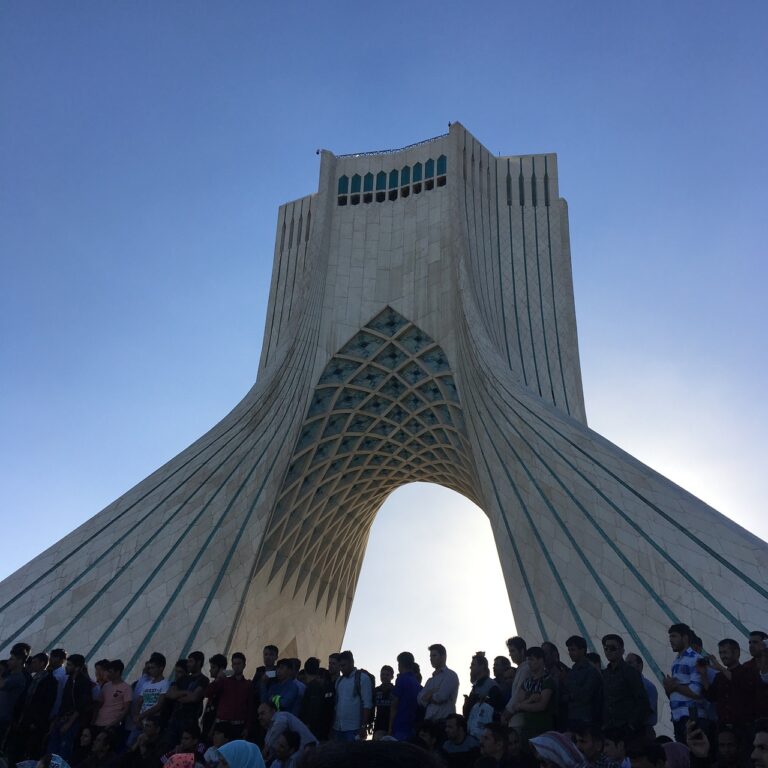
New York/Geneva/Washington: The unprecedented Resolution on Myanmar by the United Nations Security Council demands an immediate end to violence, urges restraints, and release of arbitrarily detained prisoners including President Win Myint and State Counsellor Aung San Suu Kyi. Though seen as a crucial initiative to end the crisis in the east Asian country, the Resolution may not be enough.
China, India, Russian Federation abstained from voting on the Security Council resolution which was adopted on December 21, 2022 (local time) by a vote of 12 in favour to none against. India claimed the complex situation in Myanmar called for quiet, patient diplomacy and that any other course will not help resolve outstanding issues and may even entrench the parties in inflexible positions. “The Council must carefully weigh its action and consider the interests of neighbouring countries most affected by instability in Myanmar,” India urged while explaining the reason for its abstention.
China claimed that the tone of the text lacked balance and stressed that there was no quick fix for the Myanmar issue and that the solution to the conflict depended on Myanmar itself.
The Russian Federation noted that the situation in Myanmar did not represent a threat to international peace and security. While pointing out that the text mainly focused on the human rights situation, the Federation suggested that the Third Committee (Social, Humanitarian and Cultural) would be a better discussion forum. Urging all Myanmar political forces to show restraint, the Russian Federation pointed out that the Myanmar military had confirmed its commitment to the Constitutional provisions that establish the timeframe for the state of emergency, with a view towards holding parliamentary elections in 2023.
Through this first resolution on the situation in Myanmar since the military coup nearly two years ago, the UNSC Council responded to the calls of ASEAN leaders for support and sent a firm message to the military.
However, experts warn that still, the situation in Myanmar will worsen unless and until Member States of the UN respond with action. Already Security Council members Norway, the United Arab Emirates, the United States, Iceland, and Mexico have said that the language of the resolution should have been stronger.
“With all due respect to the Security Council, however, ‘expressing deep concern’ and demanding that certain actions be taken without any use of the Security Council’s Chapter VII authority, will not stop the illegal Myanmar junta from attacking and destroying the lives of the 54 million people being held hostage in Myanmar. What is required is action,” Tom Andrews, UN Special Rapporteur on the situation of human rights in Myanmar, warned in Geneva today. He stressed that the demands put forward in the resolution — including ‘an immediate end to all forms of violence,’ the release of political prisoners, the need for unimpeded humanitarian access, and the need to respect the rights of women and children — are critically important but what is missing are consequences for the failure to meet them and the imposition of sanctions and accountability for crimes the military has committed to date.
By its terms, the Council reiterated its call to uphold democratic institutions and processes and pursue constructive dialogue and reconciliation in accordance with the will and interests of Myanmar’s people. All parties must respect human rights, fundamental freedoms and the rule of law, it urged while acknowledging the central role of the Association of Southeast Asian Nations (ASEAN) in finding a peaceful solution to the crisis and encouraging the international community to support the ASEAN-led mechanism and process in this regard. It called for concrete and immediate actions to effectively and fully implement ASEAN’s Five-Point Consensus — which called for an immediate cessation of violence and constructive dialogue among all parties, among other things — and requested that the Secretary-General or his Special Envoy on Myanmar provide an oral report to the organ by 15 March 2023 on the Organization’s support to that end.
Also by the text, the Council reiterated its support for the ASEAN Special Envoy’s efforts to engage intensively with all relevant parties in Myanmar with a focus on promoting fully inclusive and representative dialogue, encouraged close cooperation with the United Nations Special Envoy and urged all parties in Myanmar to work constructively with both Envoys to commence dialogue to seek a peaceful solution in the interests of that country’s people.
In reiterating the necessity for full, safe and unhindered humanitarian access, the Council underlined the need for scaled-up humanitarian assistance to all people in need in Myanmar and to ensure the full protection, safety and security of humanitarian and medical personnel.
The Council also underscored the need to address the root causes of the crisis in Rakhine State and create the conditions necessary for the voluntary, safe, dignified and sustainable return of Rohingya refugees and internally displaced persons. It encouraged diplomatic efforts between the parties concerned to help address the issues facing the Rohingya, further stressed the importance of providing continued protection and assistance to refugees and displaced persons, and decided to remain seized of the matter.
In Geneva, Andrews today released a statement saying that the systematic gross human rights violations — amounting to war crimes and crimes against humanity — being perpetrated daily on the people of Myanmar by an illegal military junta requires strong, coordinated action by UN Member States.
“What the content of this resolution makes clear is that the action that is required to end this crisis will not come from the Security Council. It is therefore imperative that those nations with the political will to support the people of Myanmar take coordinated action immediately to end the carnage. The Security Council resolution should not become a dead-end that is followed by more international inaction. It should be a wake-up call for those nations who support a people under siege,” he stated.
It may be mentioned that last month the UN Secretary-General Guterres declared that, with respect to Myanmar, the international community had failed.
Meanwhile, Antony J. Blinken, the US Secretary of State, today said in Washington that the UNSC’s adoption of the Resolution was an important step by the Security Council to address the crisis and end the Myanmar military regime’s escalating repression and violence against civilians. He, though, added: “While we applaud the adoption of this resolution, the Council still has much more work to do to advance a just solution to the crisis in Burma (Myanmar). The Security Council should leverage this opportunity to seek additional ways to promote a return to the path of democracy, advance accountability for the regime’s actions, and support ASEAN’s efforts to achieve meaningful implementation of the Five Point Consensus.”
Blinken said the US remained committed to working with the UN and its international partners, including ASEAN, to end the violence in Myanmar and seek a peaceful reconciliation to the crisis.
– global bihari bureau





